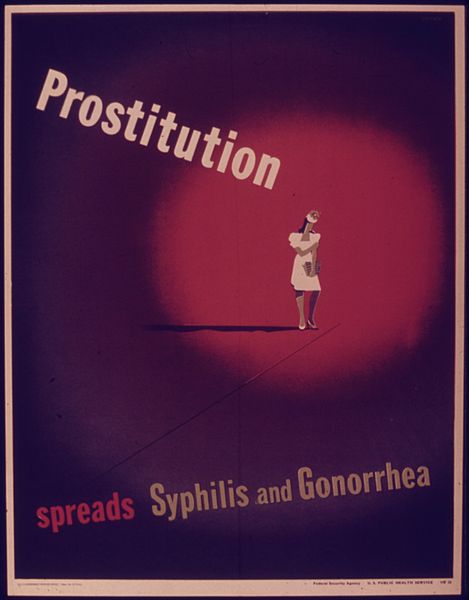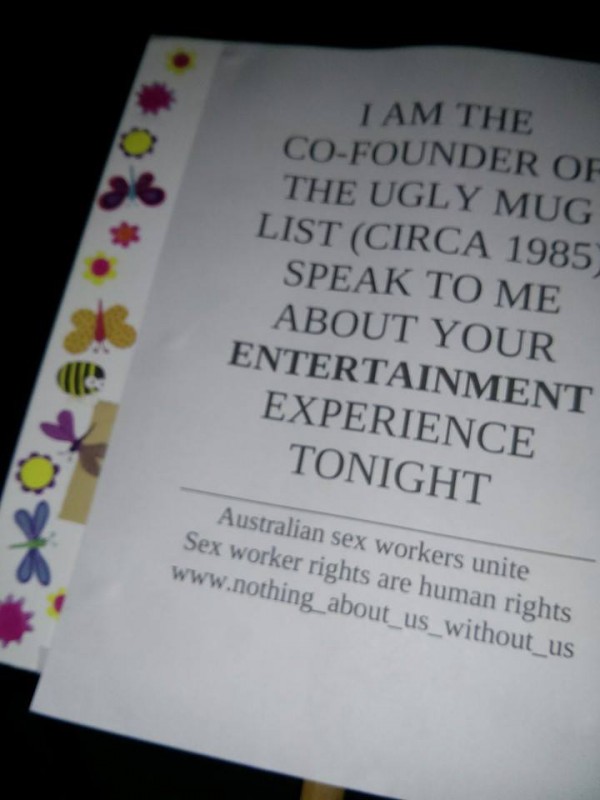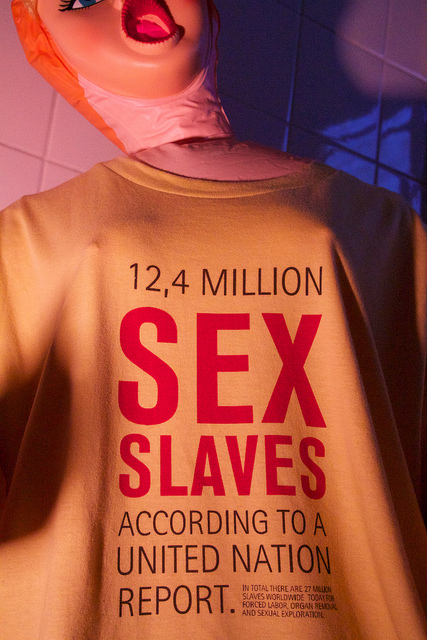The P Word: A 101

Though most don’t consider the word “prostitute” pejorative, it’s more damaging to sex workers than any other slur. There’s no true neutrality to be found in a word whose verb form Merriam-Webster defines as “to devote to corrupt or unworthy purposes.” But precisely because it is used in polite language, because of its patina of legitimacy, its harmful connotations can be used against us with impunity in the media every time a street sex worker is murdered and every time a sex worker in the public eye is outed. Every time this medico-legal term, used to justify our pathologization and criminalization for centuries, is utilized to label us, we are discredited subtly but effectively just that much more.
In a surprisingly insightful take for a non-sex worker, Lizzie Smith, Research Officer at The Australian Research Centre in Sex, Health, and Society at Le Trobe University, wrote in the academic news commentary site The Conversation last year:
Referring to female sex workers as “prostitutes” in the media is not new, but it is a sobering reminder of how pervasive negative understandings of sex work and sex workers are. These understandings originate from various “expert” fields of knowledge including psychology, medicine, sexology, religious doctrine and various feminist perspectives, through which sex workers are positioned as dirty, diseased, sinful, deviant and victims. The term “prostitute” does not simply mean a person who sells her or his sexual labour (although rarely used to describe men in sex work), but brings with it layers of “knowledge” about her worth, drug status, childhood, integrity, personal hygiene and sexual health. When the media refers to a woman as a prostitute, or when such a story remains on the news cycle for only a day, it is not done in isolation, but in the context of this complex history.
When the Chicago Tribune described Indiana serial killer Darren Vann’s victim, Teira Batey, as a “prostitute,” it made it clear it was using this “complex history” against her as it detailed her past with police encounters and her family’s reports that she was a drug user. When the Irish Examiner called Kate Mcgrew, TV star of the reality show Connected, a “prostitute” after she came out as an escort, you can bet they also mentioned her “tight jeans and towering heels,” her “flamboyant” style of dress, even going so far as to say she looked “cartoon-like.” They may as well have called her a silly slut and been done with it.



